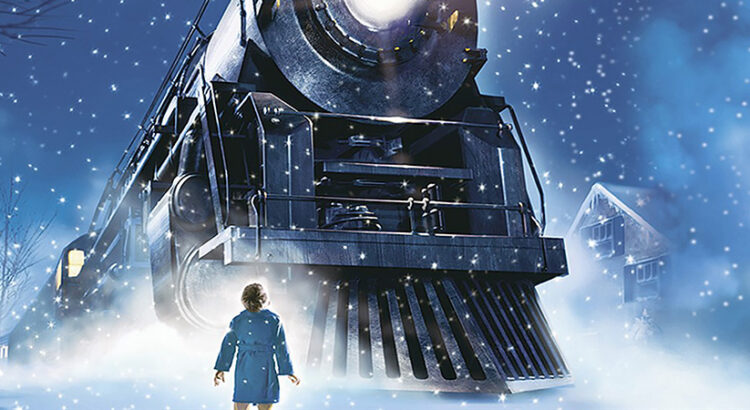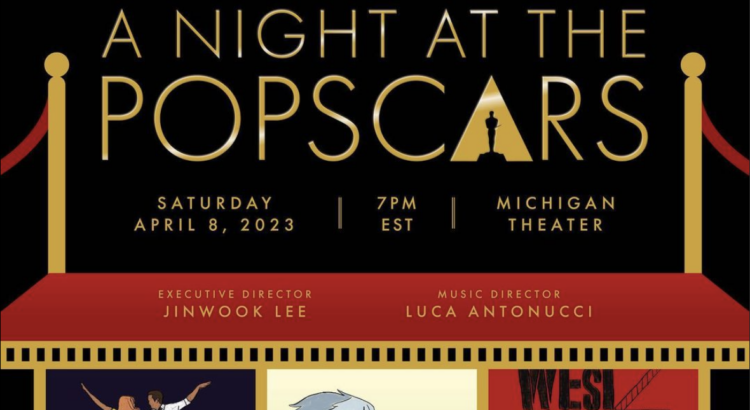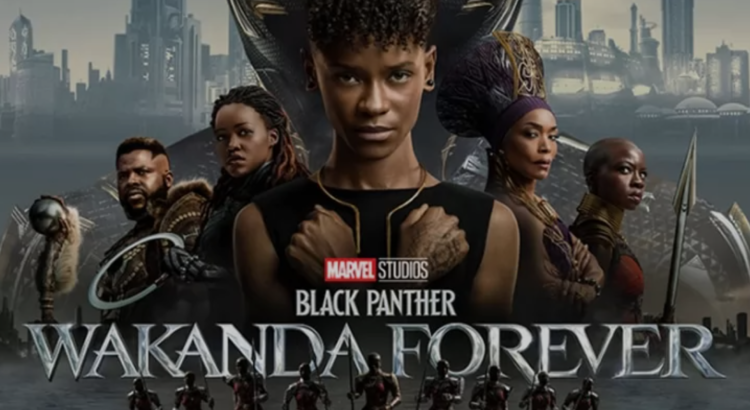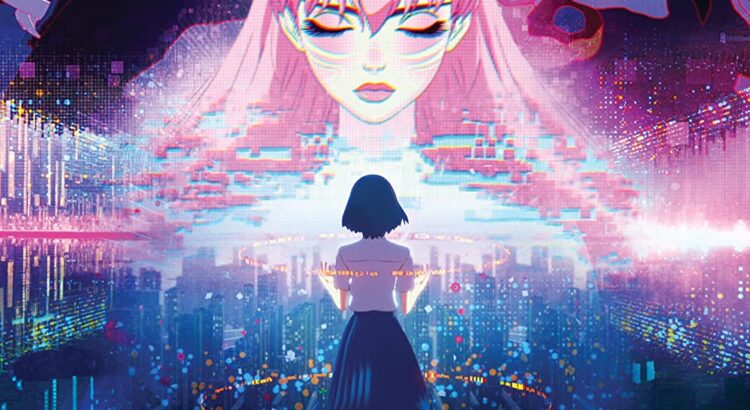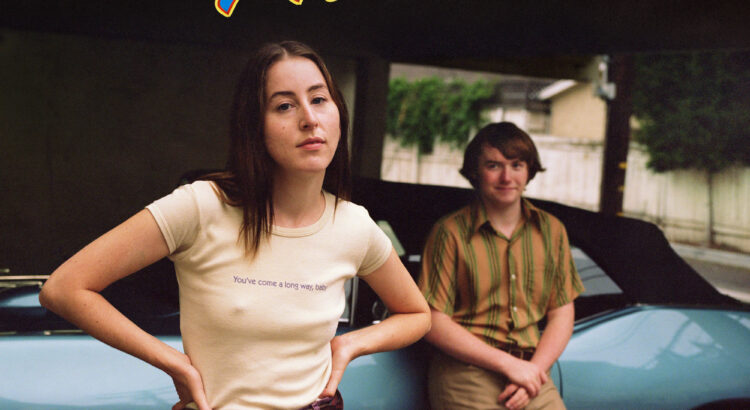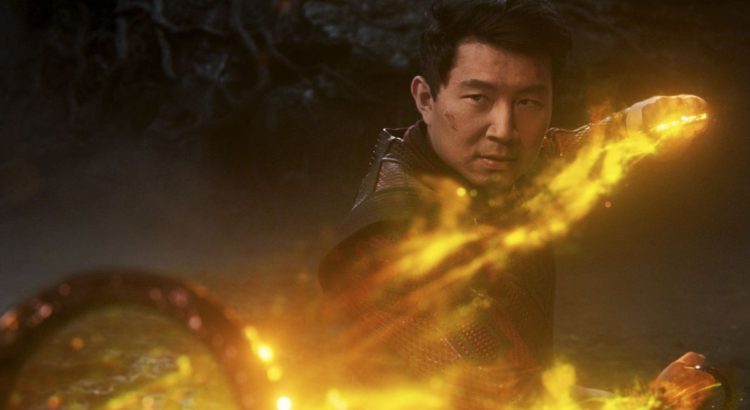On Sunday, December 3rd, as part of their free holiday classics series, the Michigan Theater had a showing of The Polar Express. It was my first time watching The Polar Express, and it was very different from what I expected. Since it’s based off of a children’s book, I was picturing something along the lines of Elf, a goofy and silly movie. Instead, the film features animated human characters that reminded me of the video game Detroit: Become Human. Furthermore, the colors were very muted and the background lacked vibrancy. Overall, it had a somber atmosphere unfitting for a children’s movie, especially a Christmas movie. However, it’s possible that the directors created it like that intentionally, because the movie is about a little boy who doesn’t believe in Santa.
Spoiler alert (but also not really): the main character comes to believe in Santa after riding The Polar Express to the North Pole. I thought they designed the North Pole beautifully; I really liked the layout of the city and although the colors were still muted, it was the brightest setting in the whole movie. It was also the most cheerful with what appeared to be hundreds of elves doing tricks like black flips and working hard to make Christmas a joyful holiday. My favorite part was the ending. I found it very bittersweet because it addresses how people eventually grow up to lose that childhood innocence. On the other hand, as the people around him grow older and stop believing, the main character never stops.
I didn’t find myself particularly enjoying the movie; there were a few moments where I was very frustrated. I’m curious how children like it, though, since I’m obviously not the target audience. Perhaps it’s the perfect tale to convince non-believers to continue believing.

